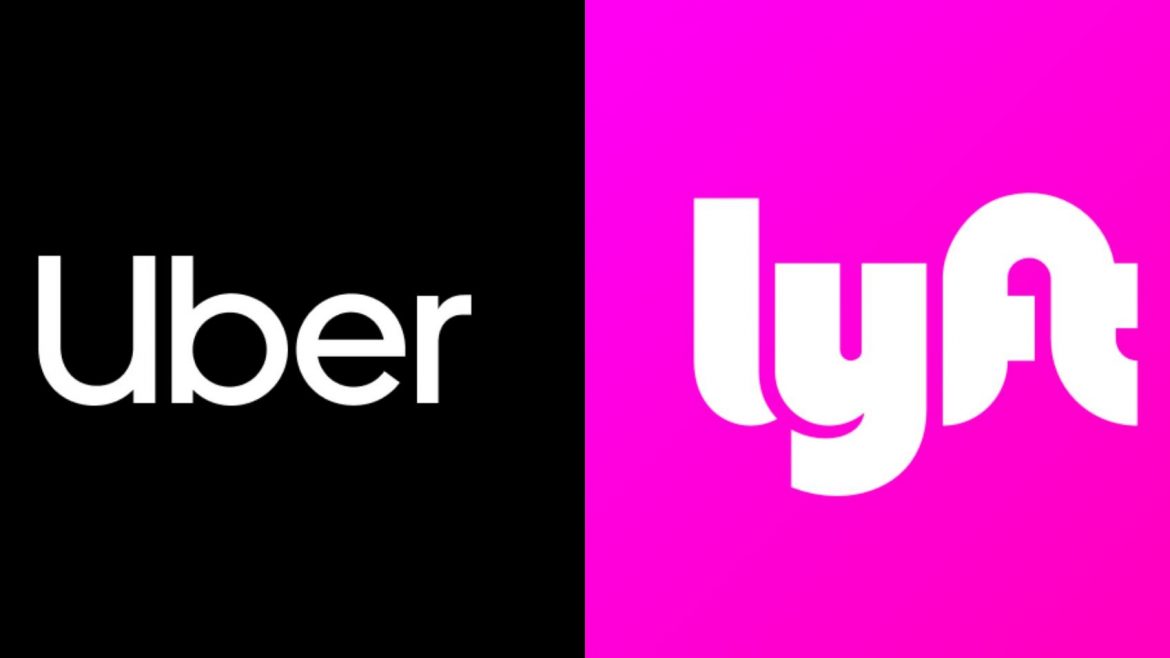The Massachusetts Attorney General Andrea Joy Campbell started her legal fight against the ride-share giant Uber Technologies and Lyft, claiming that these companies are intentionally misclassify drivers as independent contractors to avoid the hefty expenses of employee benefits. The trial which is currently in the Suffolk County Superior Court in Boston is an important event in the debate on the gig industry labor practices, which also has impact out of state.
Campbell, a Democrat, claims that the drivers of Uber and Lyft should be classified as employees under the state law, thus, they will be entitled to minimum wage, overtime, and sick leave. Assistant Attorney General Douglas Martland suggested that the companies possess a great influence on drivers through the algorithms and the operational standards, hence the notion of true independence is not reasonable. Martland pointed out how drivers have only a few seconds to accept ride requests and are still kept in the dark about the prices, and he even wondered if the entrepreneurial autonomy is really possible.
Also Read: Uber settles Australian lawsuit for USD 178 mn
On the other hand, the lawyers for the companies defended by stressing the ability of the apps to make the drivers change their work schedules. Lyft’s lawyer, Felicia Ellsworth, argued that the company is for drivers not for the other way round. Uber’s manager, Michele Maryott, repeated the same thought, emphasising the necessity of the drivers who have to deal with a number of other activities, to be able to change their work schedule.
The case takes place in a context of the general legal and political environment. The Massachusetts High Court has recently evaluated the proposals that can determine the future of gig worker classification, among which is a very controversial state initiative that is supported by the industry. Maura Healey, who began the lawsuit in 2020, proved that the state is really serious about the implementation of the fair labor practices. If done properly, the state could charge the drivers of Uber and Lyft a lot of money for the past misclassification, thus, the total of which could be up to hundreds of millions of dollars.
In addition, the state auditor report shows the changes in the financial situation of the classes of the companies, as it tells the fact that the companies had avoided to pay the workers’ compensation and other benefits the states for about ten years. The result of the trial has both the direct and indirect effects on the 90,000 drivers in Massachusetts and the whole gig economy system, as it deals with the issue of the between flexibility and labor rights.



